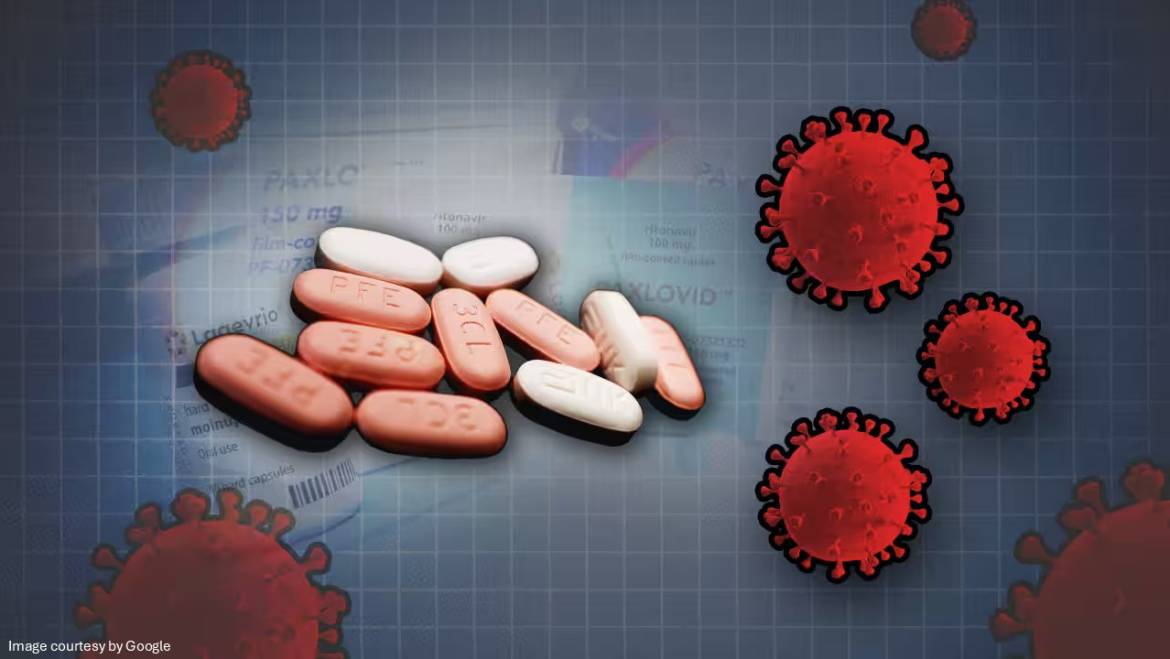Viruses cause most infectious diseases acquired within indoor environments. These considerably impact one’s health, ranging from severe, deadly health conditions to relatively mild, self-resolving, or asymptomatic health complications. Mostly, viruses that cause gastrointestinal and respiratory diseases spread rapidly in the community and have a significant impact on those affected. There is evidence that infections are transmitted from one person to another through contaminated hands and objects, which plays a crucial role in the spread of viral infections. Viruses enter the cells in your body and multiply by using the components of those cells. This process often causes cell damage. Besides the common cold, you might be unaware of other lesser-known and significant infections. Let’s explore other lesser-known infectious diseases and identify effective treatment strategies.
Studies have shown that improved standards of disease awareness, personal hygiene, the use of antiviral medications, and targeted environmental hygiene positively impact the control and prevention of infectious diseases. Anti viral medications prevent viruses from entering healthy cells in the body.
Are viral infections contagious?
Not all viral infections are contagious, meaning they are not always transmitted from one individual to another. Apart from the common cold, other contagious viral diseases include HIV and herpes. Other viral diseases also spread through the bite of an infected insect.
-
Respiratory viral infections
Respiratory viral infections are contagious and can affect the upper or lower parts of the respiratory tract. Commonly reported symptoms of a respiratory disease include fever, runny or stuffy nose, coughing or sneezing, and body aches.
Besides the common cold, viral respiratory conditions include adenovirus infection, parainfluenza virus infection, respiratory syncytial infection, and severe acute respiratory syndrome (SARS).
-
- Transmission: Respiratory infections are spread through droplets coughed or sneezed by an infected person. If an individual inhales these droplets, they may develop the infection. These can also spread through contaminated objects/materials such as tabletops, doorknobs, and personal items. Those who come into contact with such substances and touch their nose or eyes may develop an infection.
- Treatment and prevention: Symptoms of such viral infections typically resolve on their own, and over-the-counter medications, including cough suppressants, nasal decongestants, and pain relievers, help alleviate the symptoms.
One of the best ways to avoid such infections is to practice personal hygiene. Rinse your hands often and cover your nose and mouth in public, especially when sneezing or coughing. Limit contact with people who are already infected to help prevent the spread of the infection. Vaccines are also available to reduce the risk of developing flu.
-
Gastrointestinal viral diseases
These majorly affect your digestive tract. The virus responsible for causing this viral disease is contagious and typically results in a condition known as gastroenteritis, commonly referred to as stomach flu. Individuals having gastrointestinal viral disease include vomiting, diarrhea, and abdominal cramps. Gastrointestinal viral diseases include rotavirus, astrovirus, norovirus, and certain adenovirus infections.
-
- Transmission: This stomach virus is shed into the stool during bowel movements. Water and food can be contaminated by feces and spread to others by sharing utensils or personal care items with an infected individual.
- Treatment and prevention: No treatment options are available for treating gastrointestinal viral diseases. In many infected individuals, symptoms typically resolve on their own within one to two days. Drinking adequate water to replace the lost fluids in the body is also advised,
This viral stomach disease can be prevented by washing hands often, particularly after every visit to the toilet. Moreover, wiping off the contaminated surface and refraining from sharing personal items or using utensils can help relieve the infection.
-
Exanthematous viral disease
Exanthematous viruses can cause skin rashes. Some individuals infected with Exanthematous viruses can develop additional symptoms as well. This viral disease includes roseola, measles, smallpox, rubella, fifth disease, chickenpox/shingles, and chikungunya virus infection.
-
- Transmission: These viral diseases spread through respiratory droplets from the infected individual’s cough and sneezing. Smallpox and chickenpox can be transmitted through contact with open skin lesions.
Shingles mainly affects people who have had chickenpox at some point. The chikungunya virus spreads through mosquito bites and does not transmit from one individual to another.
-
- Treatment and prevention: The goal of the treatment is to manage symptoms. Medication to reduce fever (acetaminophen) is prescribed to help with some troublesome symptoms. Anti viral medicine, including acyclovir, can also be used in individuals with shingles and chickenpox.

How does an anti viral work?
Antivirals are designed to suppress the ability of viruses to infect and multiply within your body cells. Vaccination can help prevent chickenpox, measles, shingles, rubella, and smallpox. One can also lower the risk of developing chikungunya and protect themselves from mosquito bites with anti viral tablets.
Here, it is important to administer the anti viral drug prescribed by a doctor in the dose and quantity he recommends.
-
Hepatitis viral diseases
These diseases cause viral hepatitis, which is characterized by inflammation of the liver. Common types of hepatitis caused by viruses include hepatitis A, B, and C. It is also important to note that viral infections caused by other viruses, such as cytomegalovirus and yellow fever, can affect the liver. Examples of the disease include Hepatitis A, hepatitis B, Hepatitis C, hepatitis D, and Hepatitis E.
-
- Transmission: Transmission occurs through bodily fluids. Sharing personal care items, especially those that come into direct contact with blood, such as razors or needles, can spread this viral disease. The virus can also spread via sexual contact. Individuals can be affected with hepatitis A and E by consuming water and food that has been contaminated with feces from an infected individual. Those suffering from hepatitis B can only affected by hepatitis D.
- Treatment and prevention
Anti viral treatment is usually recommended to manage symptoms. Treatment of hepatitis A and E includes supportive measures such as drinking fluids, having adequate rest, and avoiding alcohol consumption.
Vaccine therapy is available for both hepatitis A and hepatitis B. There is also a vaccine for hepatitis E, but one can’t buy it in the United States. Prevention of viral hepatitis includes, again, not sharing razors and needles. Practicing safe sex, as well as consuming drinks and foods that may be contaminated with feces.
Order antiviral medicine to manage symptoms of viral hepatitis. Order antivirals online to get doorstep delivery at reasonable prices. Check Alldaychemist for authentic medicine supplies at discounted prices.
Besides the common cold, there are many viral diseases. Some, like stomach flu, resolve independently within a few days, while others are more severe. These diseases do not respond to antibiotics, and treatment focuses on managing symptoms and supporting the immune system by maintaining adequate rest and staying well-hydrated. Stay in touch with a doctor for advice on the right treatment for viral infections.



